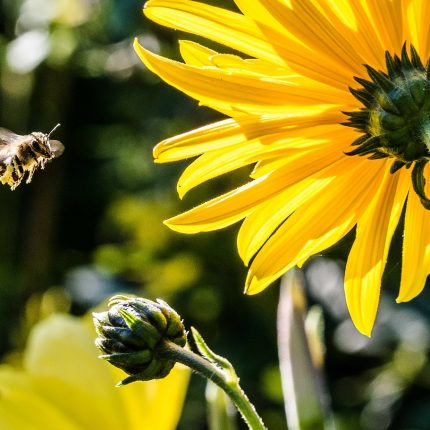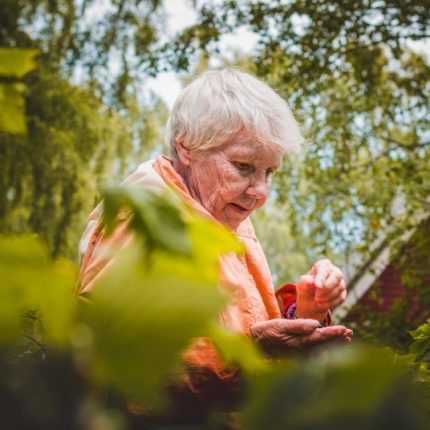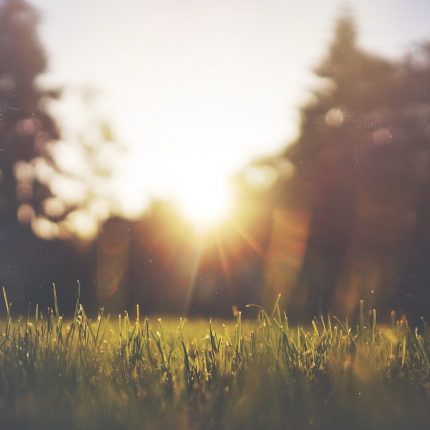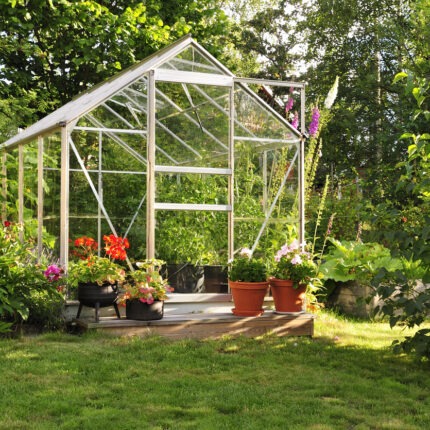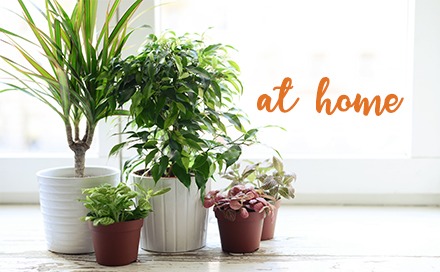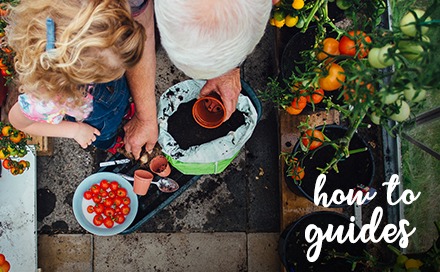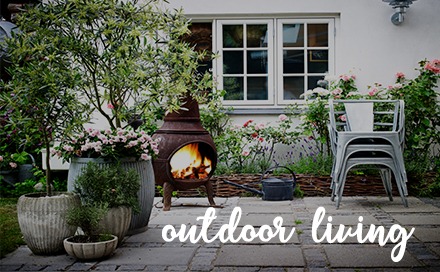Gardening with Hay Fever
Do running nose, itchy eyes and headaches during the summer months all sound familiar?
Studies from Asthma Ireland have shown that 1 in 5 people in Ireland suffer with Hayfever, and 80% of people with asthma are affected by the allergy.
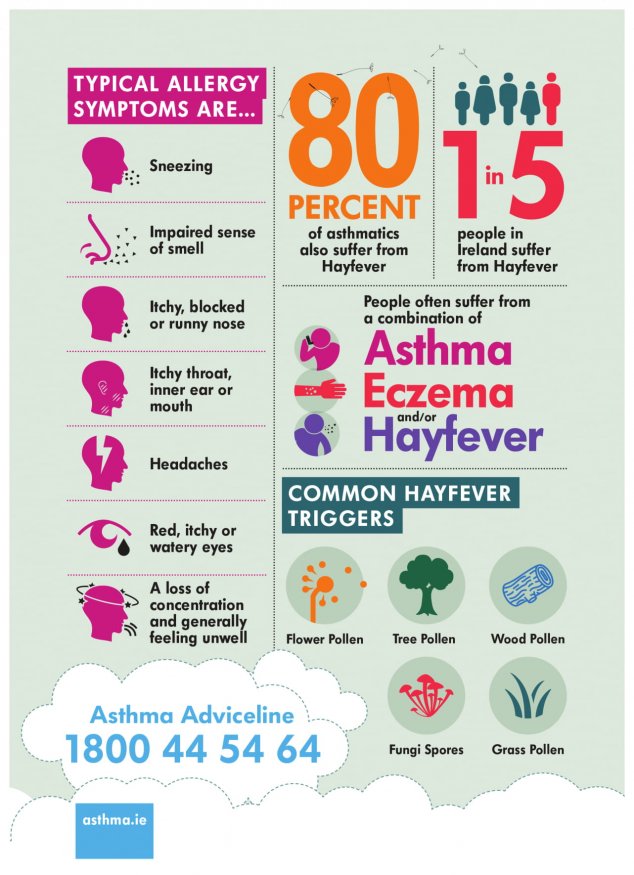
Hay fever can get in the way of our enjoyment of the warm weather, and is naturally a big hindrance to any keen gardeners. Here are some of our top tips to reduce the symptoms:
Delegate Tasks
It can be quite difficult to avoid pollen in the garden no matter what job you’re doing. Even lawns are very pollen-heavy as they produce small grass plants that all shoot pollen into the air. That said, there are some activities where you are exposed to greater amounts of pollen than others.
Avoid jobs like weeding or any jobs that require you to be around nettles or thistles as they generate a lot of pollen. Opt for “grow your own” projects in the vegetable patch instead. Cabbage, onions, radish and potatoes are all propagated by insects. This means that although they all produce pollen, they wait for insects to come and collect it rather than releasing it into the air.
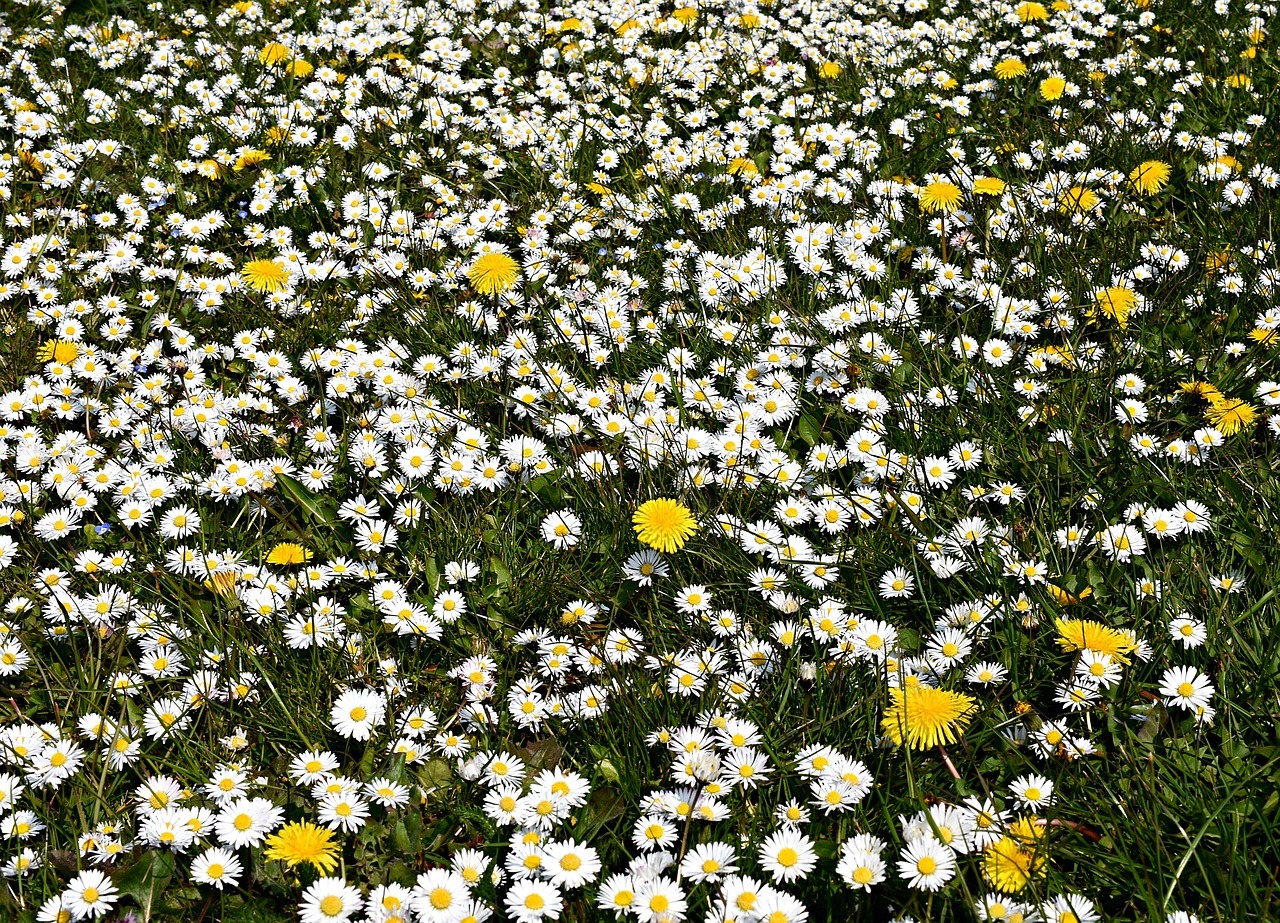
Keep an Eye on the Pollen Count
Met Éireann provide daily updates of pollen levels in each individual province, and breaks down risks associated with trees, grass, weeds and spores. You can also download the Met Éireann app for push notifications, or listen to the radio as many stations provide updates on the pollen count. If you suffer badly with hay fever, it might be a good idea to do your gardening on cool days early in the morning or late in the evening. Avoid gardening altogether on days with high (H) or very high (VH) pollen levels.
Plant Smart
Here’s a list of insect-propagated flowers that release little pollen and require little maintenance:
Other Tips
Try to resist touching your face while working in the garden- no matter how much you might want to itch those eyes! Doing this will prevent the transfer of pollen.
Pollen can land in your hair so wear a wide brimmed hat to stop this from happening. Sunglasses and masks can also be great for keeping away pollen, especially when cutting the grass.
Make sure to take showers after being outside and to wash and change clothes regularly to avoid a pollen build-up.
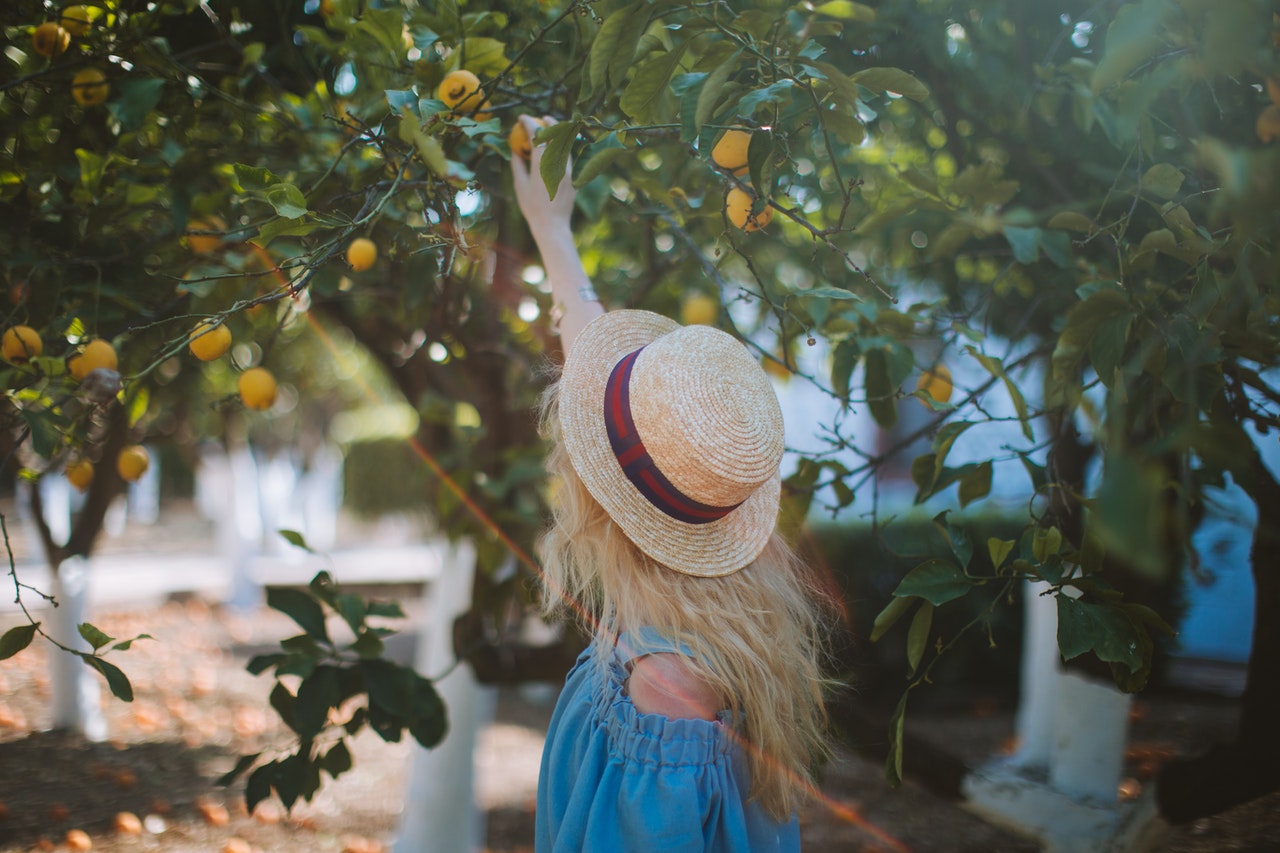
Get in Touch!
If you want any more tips for hay fever contact us on social media- @CountryLifeGC (Links in footer). Be sure to talk to a pharmacist or GP if the problem persists. If you have a specific problem such as pest damage it’s really helpful to send us a picture- we’d love to help!


